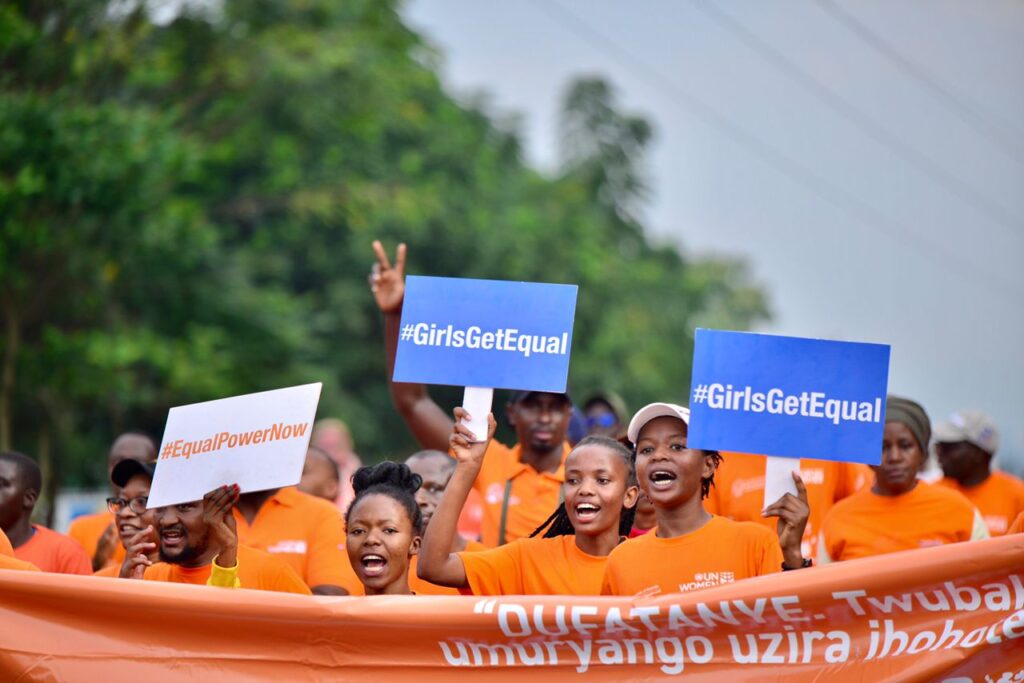Rwanda has made significant strides in addressing gender issues

Rwanda has made significant strides in addressing gender issues, particularly in the years following the 1994 genocide. Here are some key points related to gender issues in Rwanda
Women in Leadership: Rwanda has one of the highest percentages of women in parliament in the world. The country has implemented a quota system that reserves seats for women in both the lower house (Chamber of Deputies) and the upper house (Senate). This has resulted in women holding a significant number of political positions in the country.
Gender-Based Violence: Despite progress, gender-based violence remains a concern in Rwanda, as it does in many countries. The government and various NGOs have been working to address this issue through awareness campaigns, legal reforms, and support services for survivors.
Economic Empowerment: Efforts have been made to empower women economically, including initiatives to provide women with access to credit, training, and business opportunities. The government has recognized the role of women in the economy and has taken steps to support women entrepreneurs.
Education: Rwanda has also made efforts to improve gender parity in education. This includes initiatives to keep girls in school and ensure they have access to quality education.
Legal Framework: Rwanda has a legal framework that promotes gender equality, including laws against discrimination and violence. The country’s constitution explicitly includes provisions related to gender equality.
Challenges: Despite these efforts, challenges remain, such as changing traditional gender roles and addressing cultural attitudes that perpetuate gender inequality.

